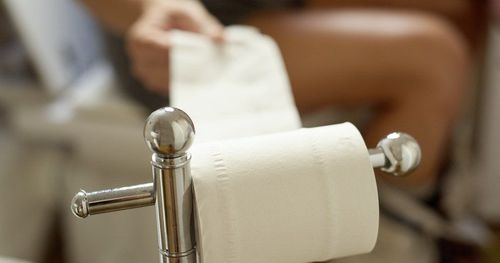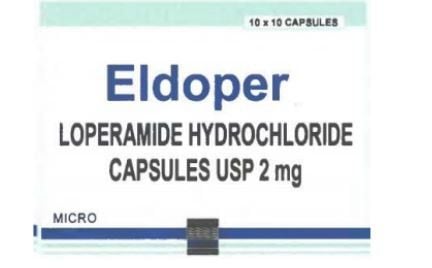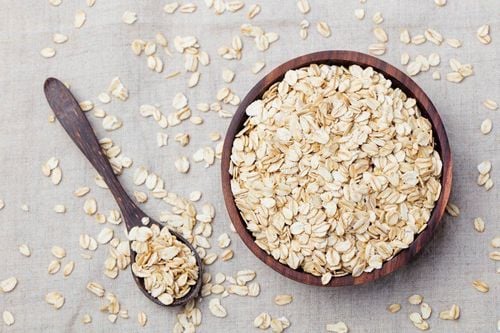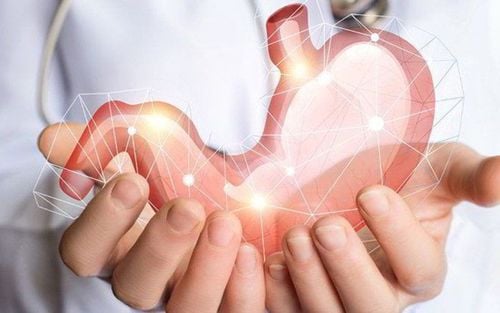Written by Master, Doctor Mai Vien Phuong - Department of Examination & Internal Medicine - Vinmec Central Park International General Hospital
As with any surgery, a cesarean section has complications and risks. Many new mothers experience constipation after giving birth. After surgery, hospital staff will likely encourage you to move around as soon as possible. This helps prevent blood clots and constipation.
1. What is constipation after a cesarean section?
Each year, about 30% of babies born in the United States are delivered by cesarean section.
Caring for a newborn while recovering from surgery is no easy task. Although most new mothers are able to go home after one to four days, recovery is often more difficult than after a vaginal birth. New mothers who have had a cesarean section must take extra precautions, such as watching for possible infections or pain. They should avoid carrying anything heavier than their baby.
2. What causes constipation after a cesarean section?
After birth, your baby's bowel movements are often slow due to hormonal fluctuations, or a diet that doesn't include enough fluids or fiber.
After a cesarean section, there are a number of other causes of constipation:
The anesthetic used during surgery (it can temporarily slow down your muscles)
Pain relief medication
Dehydration, which is more of a risk for breastfeeding mothers
Iron in prenatal supplements
Weak pelvic floor muscles
Another potential cause of constipation after a cesarean section is psychological. Many mothers are afraid of pain or the stitches breaking.
Try one of these natural remedies to help you have a bowel movement without straining too much.
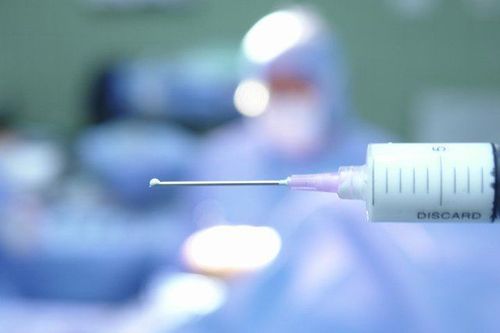
3. Ways to Relieve Constipation
Constipation after giving birth shouldn’t last more than three to four days, but it can be very uncomfortable. Many doctors will prescribe a breastfeeding-safe stool softener immediately after giving birth to help relieve constipation.
Here are some other things you can do to find relief:
Move
If you can move, do it a few times a day. Try to increase the duration by a few minutes each day. Moving can also help with bloating and gas.
Also ask your doctor about some gentle stretches you can add to your daily exercise routine.
Drink warm fluids
Drink a glass of warm water with lemon each morning. Also drink herbal teas throughout the day, such as chamomile or fennel. Fennel helps increase breast milk production. It can also help with bloating and gas.
Drink water throughout the day, but avoid ice-cold water. Instead, try room temperature or even warm water.
Eat prunes
Prunes are known to help relieve constipation. Add some to your daily breakfast routine. You can eat them in hot cereal or drink prune or pear juice.
Get plenty of fiber
Make sure you include plenty of fiber in your diet, both soluble fiber from fruits and vegetables and insoluble fiber from whole grains and breads.
Get rest
Get plenty of rest to help your body recover from surgery.
Eat iron-rich foods
Many prenatal vitamins are rich in iron. But if iron supplements make constipation worse, try iron-rich foods, including:
Chicken
Red meat
Dark leafy vegetables
Beans

You can also switch to a different supplement. Ask your doctor for a recommendation.
Relax
Anxiety can lead to constipation. Take time during the day to breathe deeply and meditate.
Is caffeine safe?
Coffee is known to help many people maintain a regular bowel schedule. But it is best to stay away from caffeinated drinks while breastfeeding.
Caffeine is passed through breast milk to your baby. This can cause agitation at a time when sleep schedules and other daily routines are not yet established.
Conclusion
A diet that includes plenty of water and fiber will help relieve constipation after a cesarean section. Avoid highly processed and refined foods as they are low in nutrients and fiber. They are also often high in salt and sugar.
If you don’t see any relief after a few weeks, contact your doctor. They may recommend a breastfeeding-safe laxative or stool softener.
To arrange an appointment, please call HOTLINE or make your reservation directly HERE. You may also download the MyVinmec app to schedule appointments faster and manage your reservations more conveniently.
ReferencesCostarelli, V., Davies, J., Derbyshire, E., & Dettmar, P. (2006, July). Diet, physical inactivity and prevalence of constipation during and after pregnancy Jones, W. (2012, June 1). Questions from practice: Constipation after a Cesarean section pharmaceutical-journal.com/learning/learning-article/question-from-practice-constipation-after-a-cesarean-section/11102807.article Mayo Clinic Staff. (2013, August 31). Constipation mayoclinic.org/diseases-conditions/constipation/basics/causes/con-20032773 Mayo Clinic Staff. (2015, August 4). C-section: What you can expect mayoclinic.org/tests-procedures/c-section/basics/what-you-can-expect/prc-20014571 Recovery after a cesarean birth. (2014, March) ghc.org/healthAndWellness/?item=/common/healthAndWellness/pregnancy/newMom/cesareanRecovery.html





